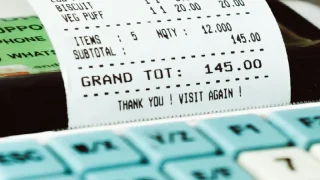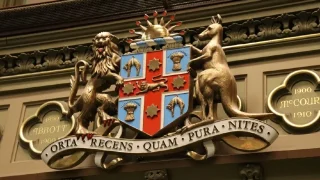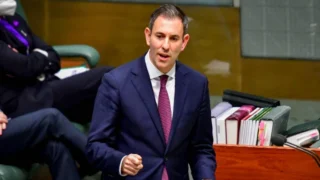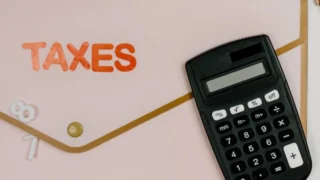
Coalition’s half-baked supermarket policies will have you paying more
Last week the Coalition announced they would introduce “sector-specific divestiture powers as a last resort to manage supermarket behaviour and …


Last week the Coalition announced they would introduce “sector-specific divestiture powers as a last resort to manage supermarket behaviour and …

The contrast between this week’s high inflation figures with the long-awaited commencement of the Stage 3 tax cuts shows how …

The New South Wales Budget tabled this week completes the series of 2024-25 budgets from the larger states and the …

Vote-buying measures before difficult elections are hardly without precedent, but the Queensland state government’s drip-feed campaign over recent weeks is …

The industrial relations scare campaign has begun, as we count down to the next federal election. The recent leaking of …

This week’s news that inflation had risen for April was no doubt an unwelcome, and somewhat unexpected, shock to many …

Treasurer Jim Chalmers has delivered a budget shaped by the upcoming election and his leadership ambitions. His politically-shaped budget attempts …

The more detail we get on the government’s Future Made in Australia plans, the more holes appear. This week, the …

The federal government’s planned Future Made in Australia Act is just the latest example of its desire to revive failed …

Ken Henry has issued another call this week for government to pick up the long-abandoned tax reform agenda and run …